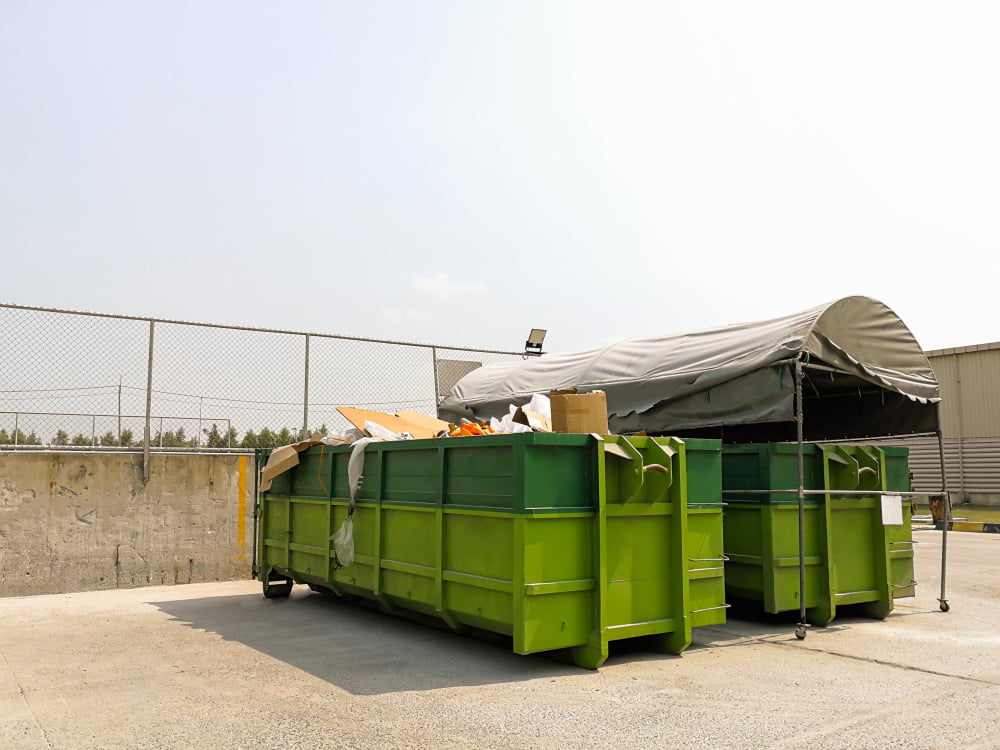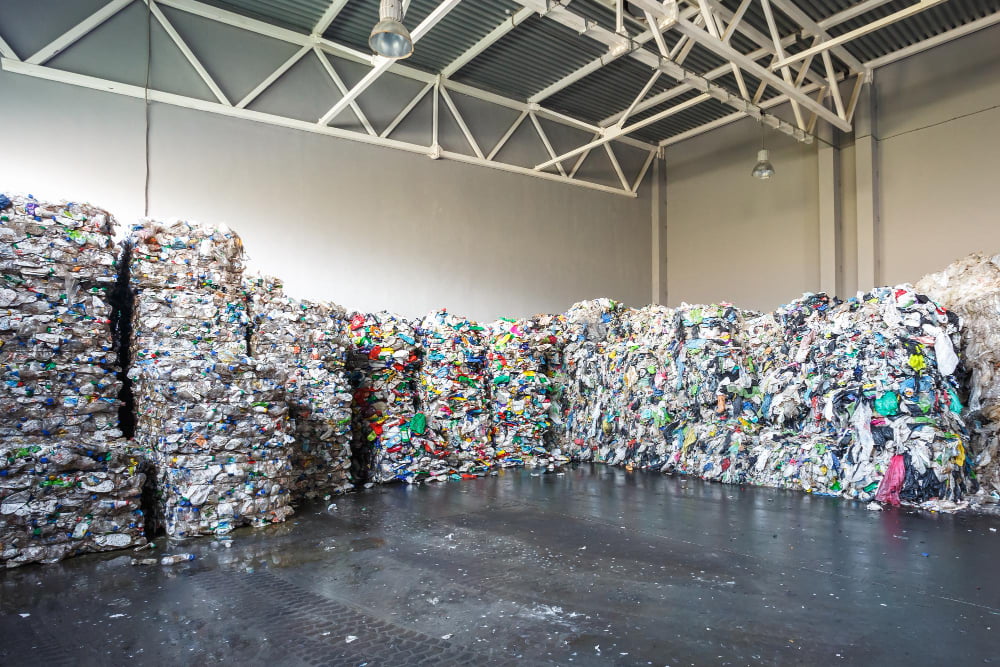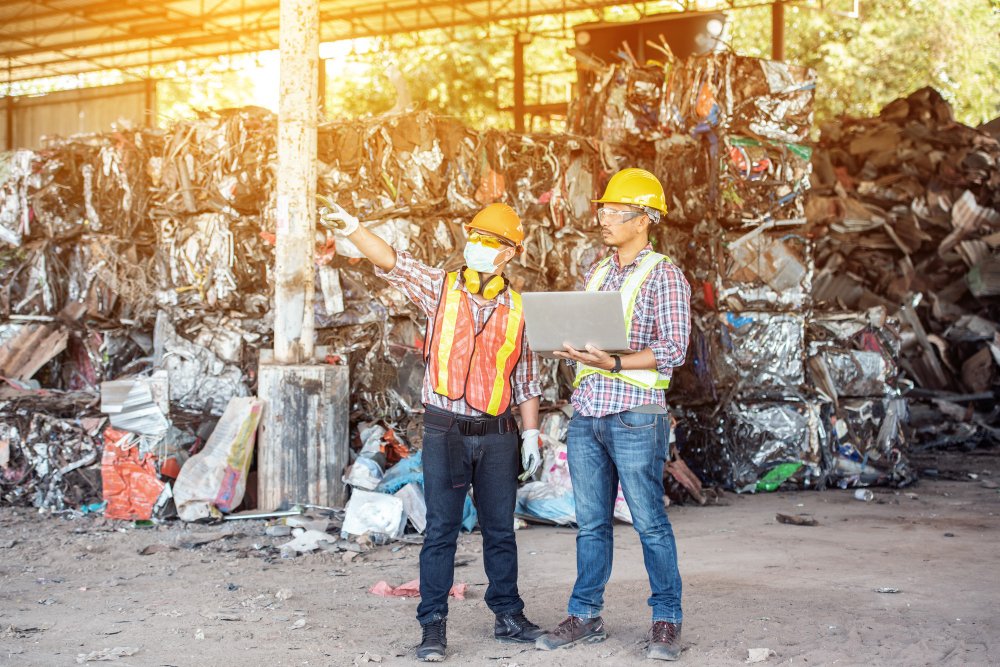Last updated on
Discover the most convenient and environmentally-friendly locations to dispose of your old tiles, ensuring a clutter-free space while contributing to a greener planet.
Are you planning to renovate your bathroom or kitchen? Or maybe you’ve already started and now have a pile of old tiles lying around? Don’t let those broken, chipped or outdated tiles clutter up your space! As a seasoned home decorator, I know that getting rid of old tile can be a daunting task. But fear not! In this article, I’ll share with you some tips and tricks on where to dump old tile.
Whether you’re looking for eco-friendly options or simply want to know the most convenient places to dispose of them, I’ve got you covered. So grab a cup of coffee and let’s get started on decluttering your space!
Key takeaways:
- Local disposal facilities accept old tiles for a fee.
- Recycling centers specialize in recycling ceramic and porcelain tiles.
- Construction waste services provide convenient removal and disposal options.
- Hazardous waste sites handle asbestos-containing tiles safely and legally.
- Consider donating good condition tiles to charities or non-profit organizations.
Local Disposal Facilities

Local disposal facilities are a great option for getting rid of old tiles. Most cities have designated waste management centers that accept construction debris, including tiles.
These facilities usually charge a fee based on the weight or volume of the materials you’re disposing of, so be sure to check their rates before heading over.
To find your local disposal facility, simply search online for “waste management center near me” or check with your city’s public works department. Once you’ve located one nearby, gather up all your old tiles and load them into your vehicle.
When dropping off at these facilities, it’s important to follow their guidelines and separate any recyclable materials from non-recyclables. This will help reduce landfill waste while also making it easier for workers to sort through everything efficiently.
Recycling Centers

These facilities specialize in recycling materials that would otherwise end up in landfills, including ceramic and porcelain tiles. Recycling centers will typically accept clean, unbroken tile pieces and may even pay you for them if they’re still usable.
To find a recycling center near you, check with your local waste management department or search online directories such as Earth911.com. Some home improvement stores also offer tile recycling programs where customers can drop off their old tiles free of charge.
By choosing to recycle your old tiles instead of throwing them away, you’ll be doing your part to reduce the amount of waste that ends up in landfills while also conserving natural resources.
Construction Waste Services

These services specialize in the removal and disposal of construction debris, including old tiles. They often provide dumpsters or other containers that can be dropped off at your location, allowing you to easily load up your old tiles and have them hauled away.
When choosing a construction waste service, it’s important to do some research beforehand. Look for companies that are licensed and insured, as well as those with good reviews from previous customers.
You’ll also want to consider the cost – some companies charge by weight or volume while others offer flat rates.
One benefit of using a construction waste service is that they will often recycle materials whenever possible. This means that your old tiles could potentially be repurposed instead of ending up in a landfill.
Hazardous Waste Sites
Asbestos is a mineral fiber that was commonly used in building materials until the 1970s when its health risks were discovered. If you suspect that your old tiles may contain asbestos, do not attempt to remove or dispose of them yourself. Instead, contact a professional hazardous waste removal service in your area.
These services are equipped with the necessary tools and expertise to safely handle and transport hazardous waste materials like asbestos-containing tiles. They will ensure that the material is disposed of according to local regulations and environmental standards.
Donation Options

If your tiles are still in good condition, consider donating them to local charities or non-profit organizations that accept building materials. Habitat for Humanity ReStores and Goodwill Industries are two popular options that may accept tile donations.
Before donating, make sure to check with the organization first as they may have specific guidelines on what types of tiles they can accept. Some places only take certain sizes or colors, so it’s best to call ahead and confirm before making the trip.
Donating not only helps reduce waste but also supports those in need of affordable housing or home improvement projects. Plus, you’ll feel good knowing that someone else will benefit from something you no longer need!
Recap:




